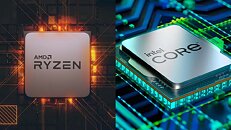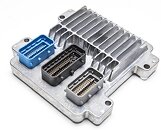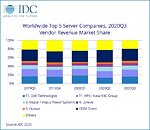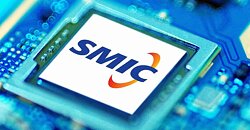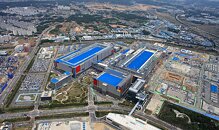
Intel, Micron, and Analog Devices Join MITRE Engenuity's Semiconductor Alliance to Define Principles for Joint Research and Collaboration
Intel, Micron, Analog Devices, and MITRE Engenuity announced they have an agreement of principles to accelerate semiconductor research, development, and prototyping to build a more robust U.S. semiconductor industry, foster advanced manufacturing in the United States, and protect intellectual property amid increased global competition. This engagement signifies a commitment to collaborate on ensuring the resiliency of the industry. It establishes the Semiconductor Alliance to propose the foundation for a whole-of-nation approach for a more innovation-focused U.S. semiconductor industry and supply chain, one that ensures American innovation truly leads to American growth.
The Semiconductor Alliance, led by MITRE Engenuity, was developed from working groups in 2021, and its principles were published in a white paper on American Innovation for American Growth summarizing the Alliance's whole-of-nation call to action for a fair and objective National Semiconductor Technology Center (NSTC). The leading U.S. semiconductor manufacturers—Intel, Micron, and Analog Devices—and MITRE Engenuity seek engagement from industry and experts from all facets of the U.S. semiconductor ecosystem, including integrated device manufacturers; fabless chip companies; providers of infrastructure, design, and manufacturing tools; and technology innovators from industry and academia. MITRE Engenuity is built on MITRE's 60+ year history of serving as an independent, objective bridge and convener of government, industry, and academia, bringing together the whole of nation to tackle some of the biggest challenges to our national security.
The Semiconductor Alliance, led by MITRE Engenuity, was developed from working groups in 2021, and its principles were published in a white paper on American Innovation for American Growth summarizing the Alliance's whole-of-nation call to action for a fair and objective National Semiconductor Technology Center (NSTC). The leading U.S. semiconductor manufacturers—Intel, Micron, and Analog Devices—and MITRE Engenuity seek engagement from industry and experts from all facets of the U.S. semiconductor ecosystem, including integrated device manufacturers; fabless chip companies; providers of infrastructure, design, and manufacturing tools; and technology innovators from industry and academia. MITRE Engenuity is built on MITRE's 60+ year history of serving as an independent, objective bridge and convener of government, industry, and academia, bringing together the whole of nation to tackle some of the biggest challenges to our national security.

